Doubt: A Splinter In The Mind
Beyond surpassing wonder about God or mere inquiry about Him and His truth, doubt digs much deeper. Doubt doesn’t just ask, “What is real?” It poses the challenge, “Is my faith real?” Is what I believe really valid? Or is it simply a modified myth, an uber-marketed religious fairy tale supported by millions of gullible minds throughout history?
Doubt trumps wondering, and it body-slams mere curiosity. In its worst form, it goes beyond simply searching for answers to questions, inevitably denying the legitimacy of the questions themselves.
FREE “Doubting Toward Faith” Chapter – Click here to DOWNLOAD NOW!
For Christians, doubt can either serve us or sink us. It can drive us to seek truth or it can drown us in despair, hopelessness, and confusion. If ignored or left unchecked, it can bore into our brain, releasing a virus of unbelief, infecting and eventually destroying every healthy thought about God. It can take us to the place where nothing else matters. Where we find ourselves loathing even life itself.
If left unchecked, intellectual doubt metastasizes, seeping its way into our emotions and collecting a wide array of fears, worries, anxieties, anger, confusion, depression, and ultimately despair at the thought of being played or duped or envisioning a life without our once “cherished belief” in God.
Horrifying so, doubt is no stranger to our time. And capturing the zeitgeist of our changing times is quite the project. We live in a multi-textured culture that is replete with innumerable beliefs, opinions, ideas, and life philosophies. Ours is a culture of doubt and longing, faith and questioning, searching and probing. And much of the doubt has been accelerated by fast-paced change. Our culture is living between the tension of what we once were and what we are now becoming. And for many, waiting in the blank space between the definition of what we were and the search to define what we are becoming feels for the moment confusing, and even a bit uncomfortable.
Echoing this angst, Os Guinness writes, “We live in an age of doubt, disillusion and disaffiliation, which naturally prizes what has been described as ‘the faith that you go to when you don’t know where to go.”[i] Both our pluralistic and secularized culture has produced a fragilized-self as it pertains to doubt.[ii] We’ve shifted from Christianity to Anyanity (pluralism) or Noanity (atheism).
Belief isn’t nearly as comfortable and cozy as it once seemed. There’s an irritant to it; like a pebble in a shoe, these competing beliefs have made the faith walk a little less comfortable. Today, record numbers of those who once professed faith in Christ are walking away from the church, even limping, in the name of doubt.
Such torturous doubt splits the mind. And contrary to popular belief, intellectual doubt is not the opposite of faith; unbelief is. Doubt is in between, seesawing and dangling in the middle.
Yet, make no mistake. Doubt never stays put. It’s not neutral.
It makes up its mind.
It’s directional.
It’s going somewhere.
This means a person will either doubt toward unbelief or they will doubt toward faith. You’ll waver one way or another. But thankfully God can discern the nature of our doubts. There’s skeptical doubt and sincere doubt. There is antagonistic doubt and authentic doubt. And the difference between them is worlds apart. Those who hold to the latter want their doubts solved so they can go forward with God, while the former want their doubts confirmed so they can move beyond God.
Next time you find yourself experiencing a bout with doubt, or the angst of a splintered mind let me encourage you to doubt toward faith. And I’m not talking about an empty existential faith that takes a leap into the darkness, but rather a bona fide trusting faith in the Person of Jesus Christ. Yes, next time you doubt.
Doubt.
Toward.
Jesus!
[i] Os Guinness, Renaissance (Downers Grove, IL: InterVarsity Press, 2014), 25.
[ii] Philosopher James K.A. Smith describes fragilization as follows, “In the face of different options, where people who lead ‘normal’ lives do not share my faith (and perhaps believe something different), my own faith commitment becomes fragile—put into question, dubitable.” How (Not) To Be Secular (Grand Rapids, MI: Wm. B. Eerdmans, 2014), 141.
[iii] Adapted from: DOUBTING TOWARD FAITH
Copyright © 2015 Bobby Conway
Published by Harvest House Publishers
Eugene, Oregon
www.harvesthousepublishers.com
Used by Permission.


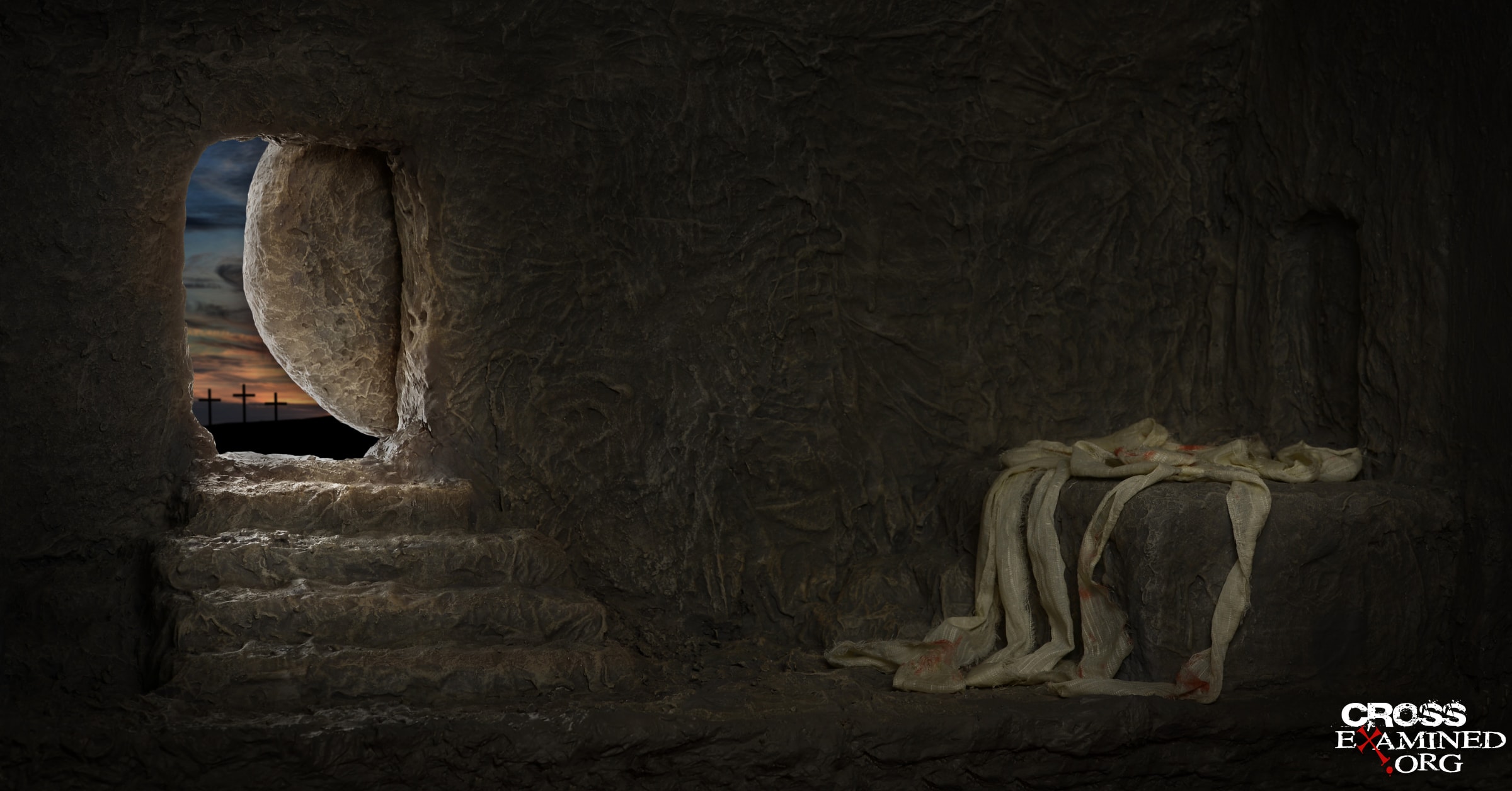

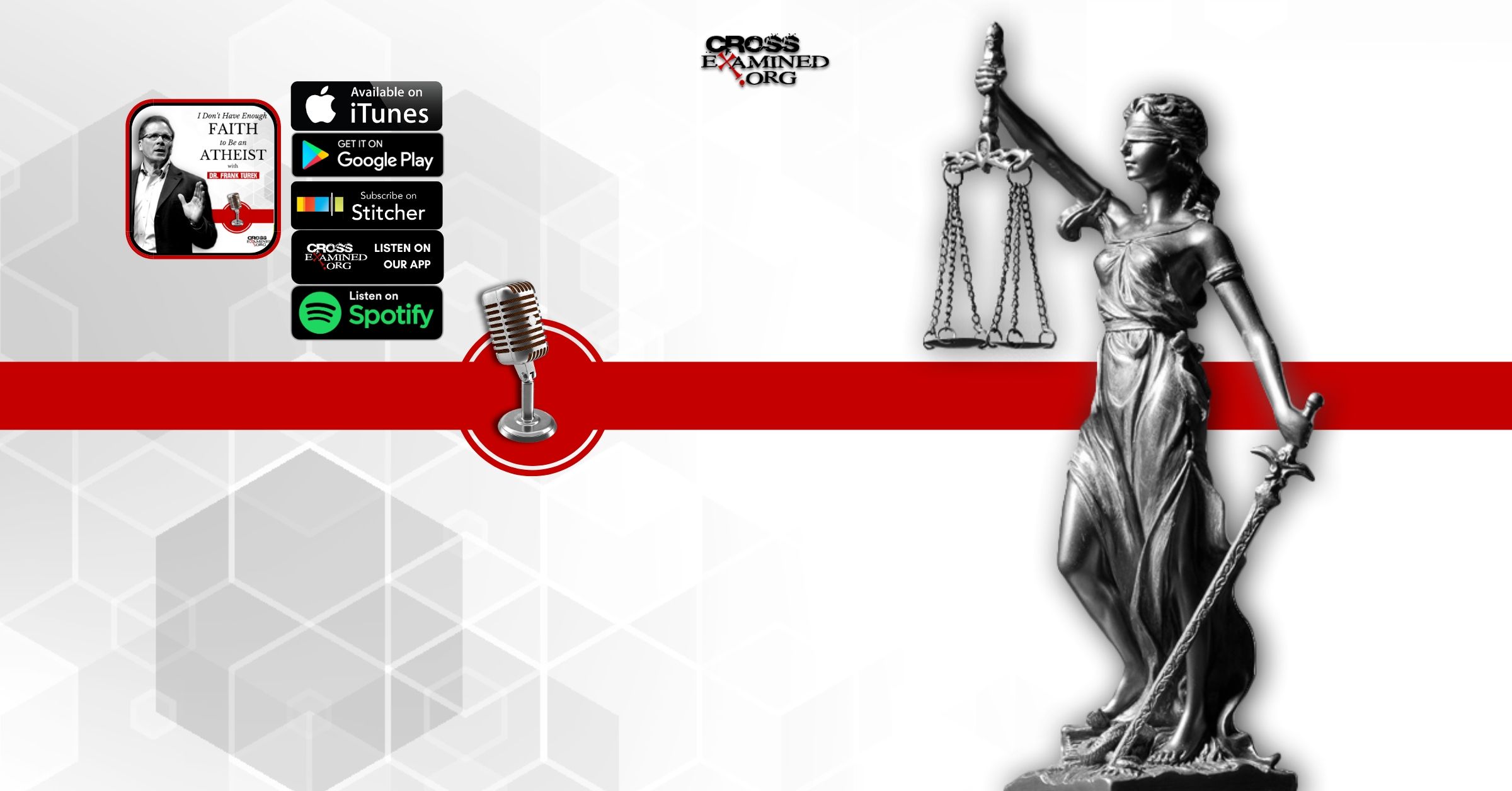
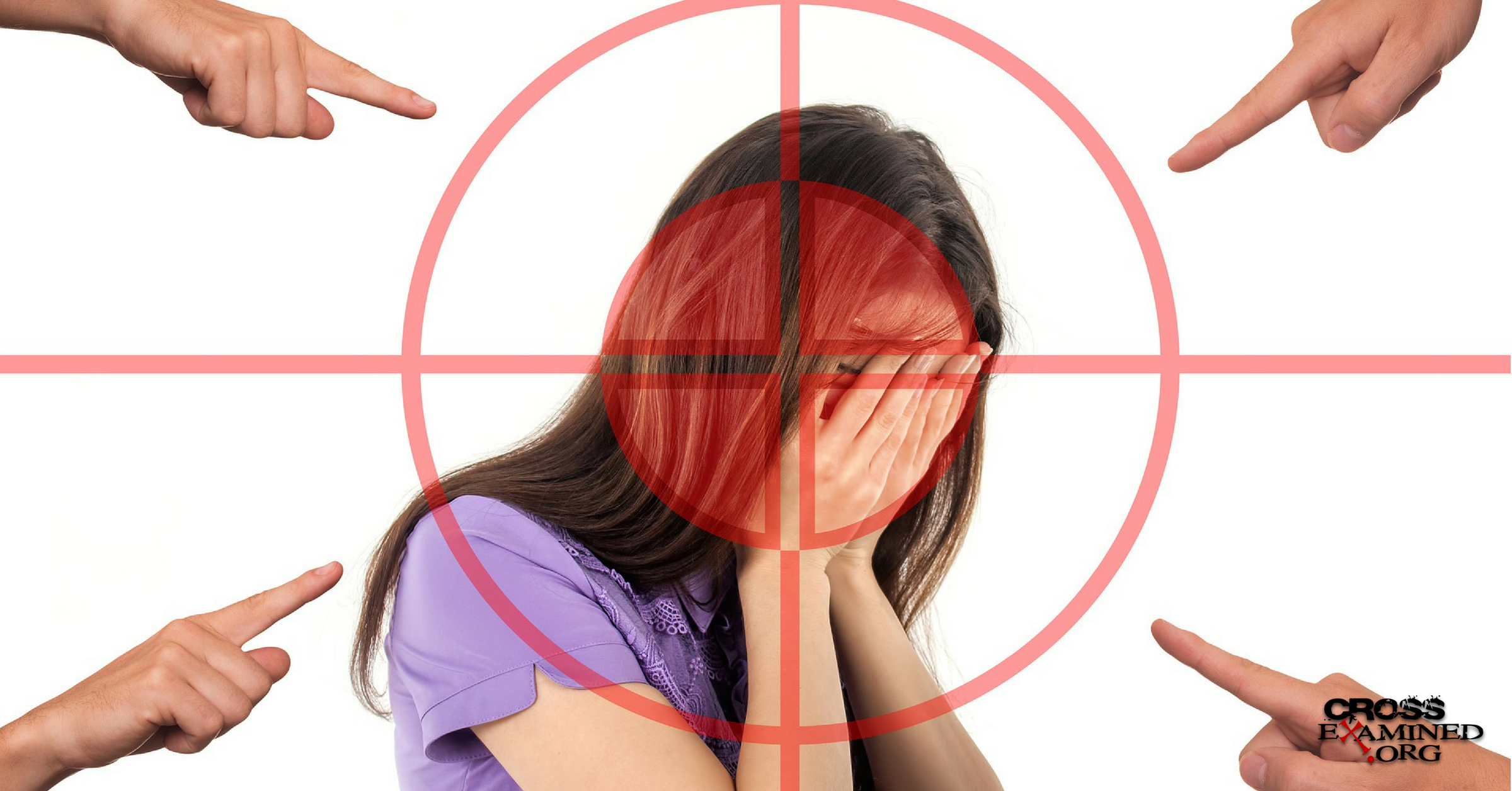

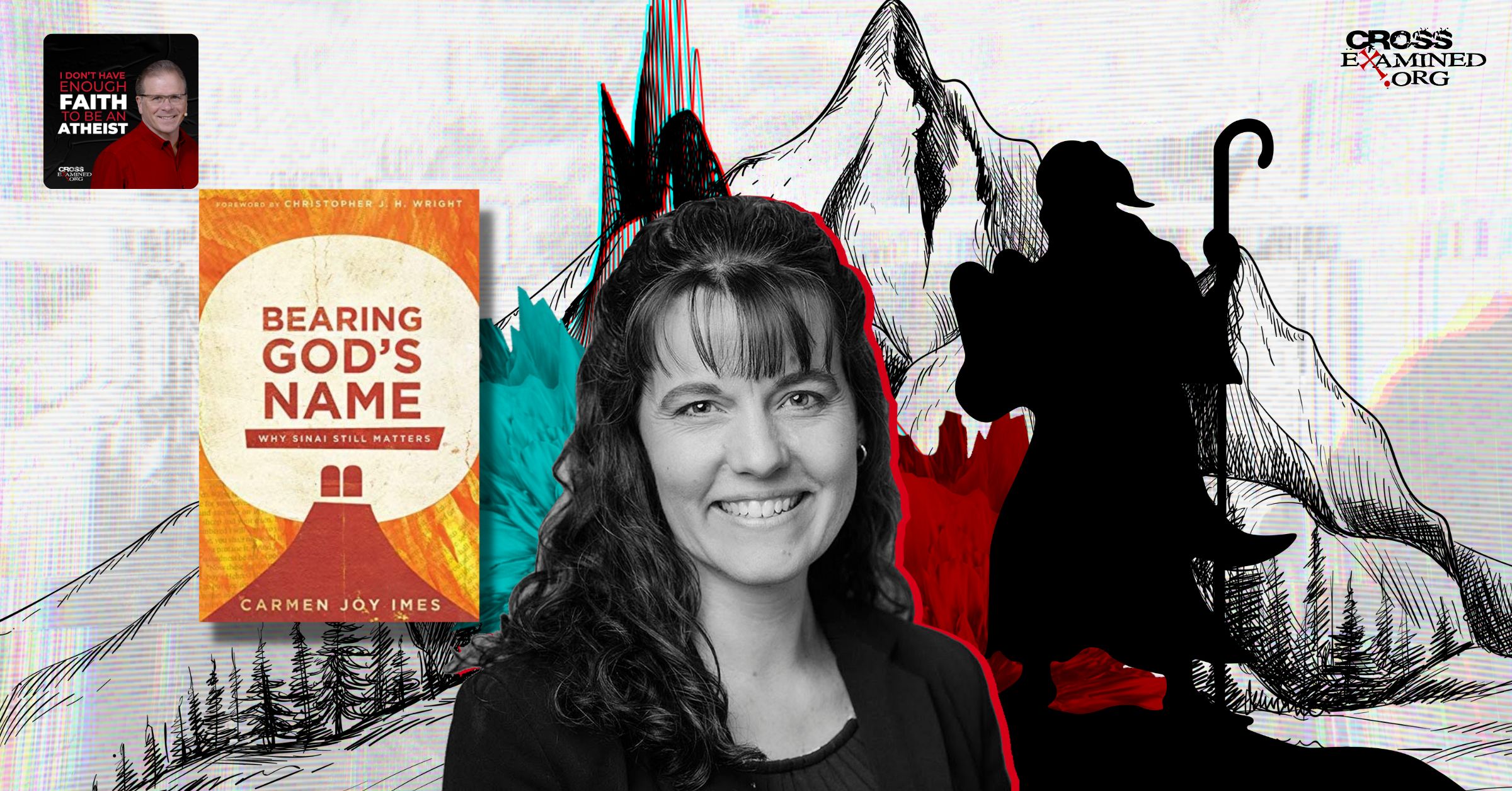
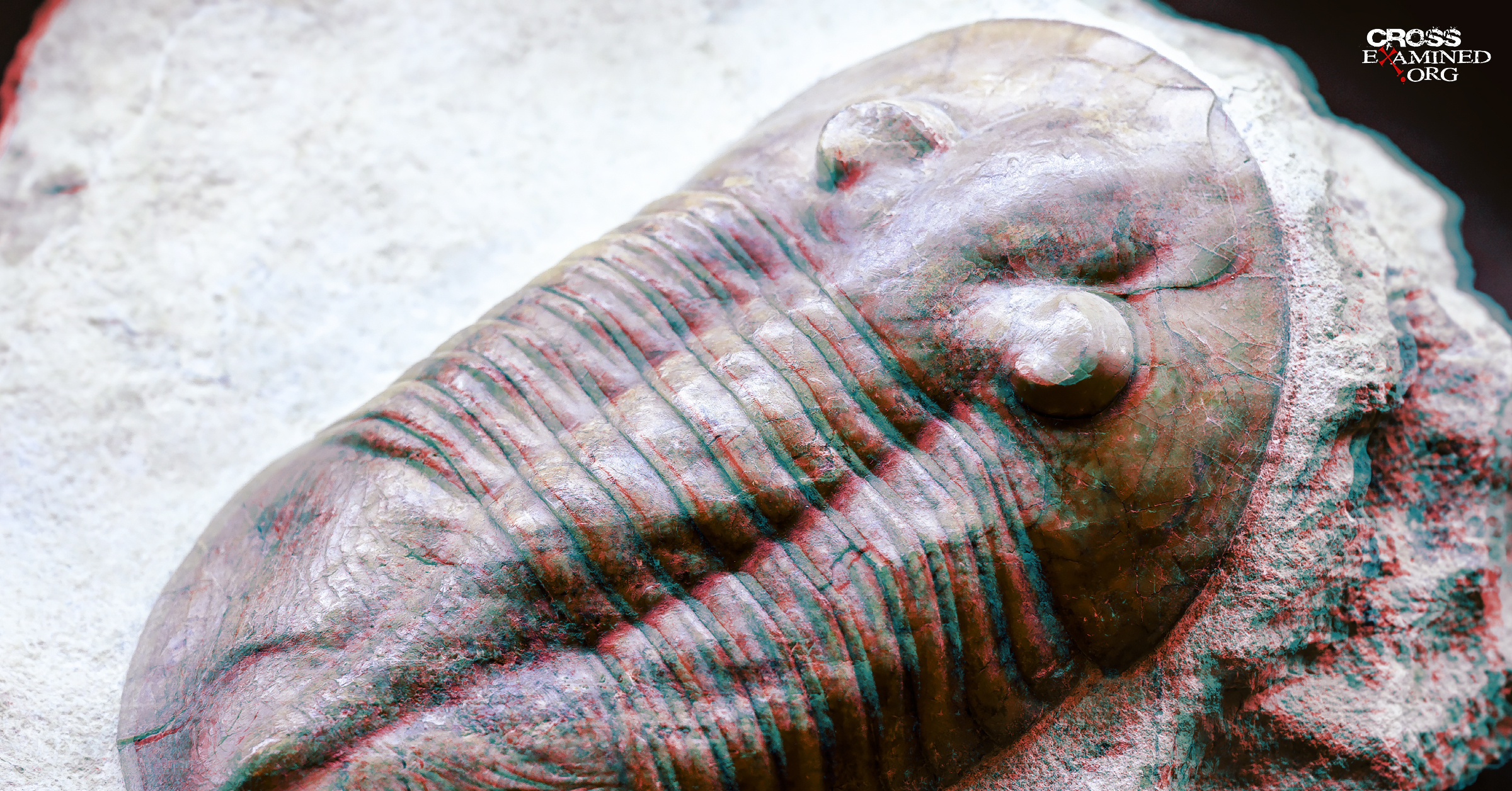
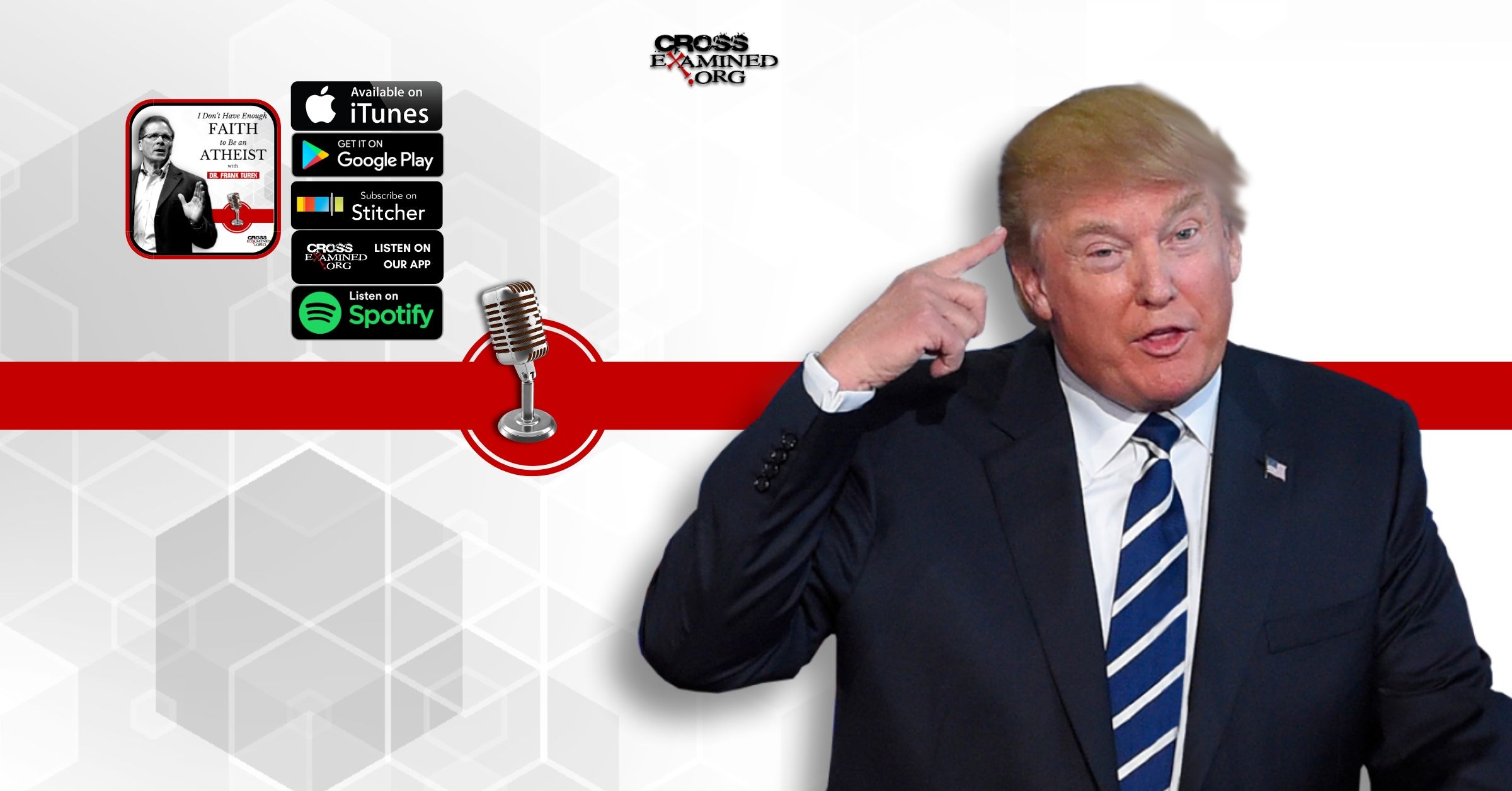

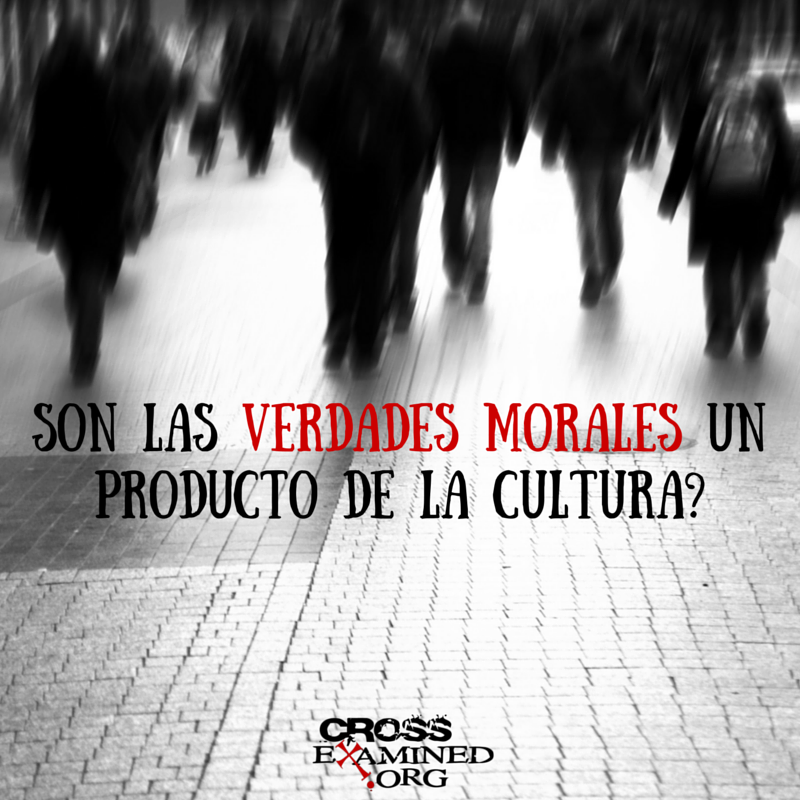
Leave a Reply
Want to join the discussion?Feel free to contribute!